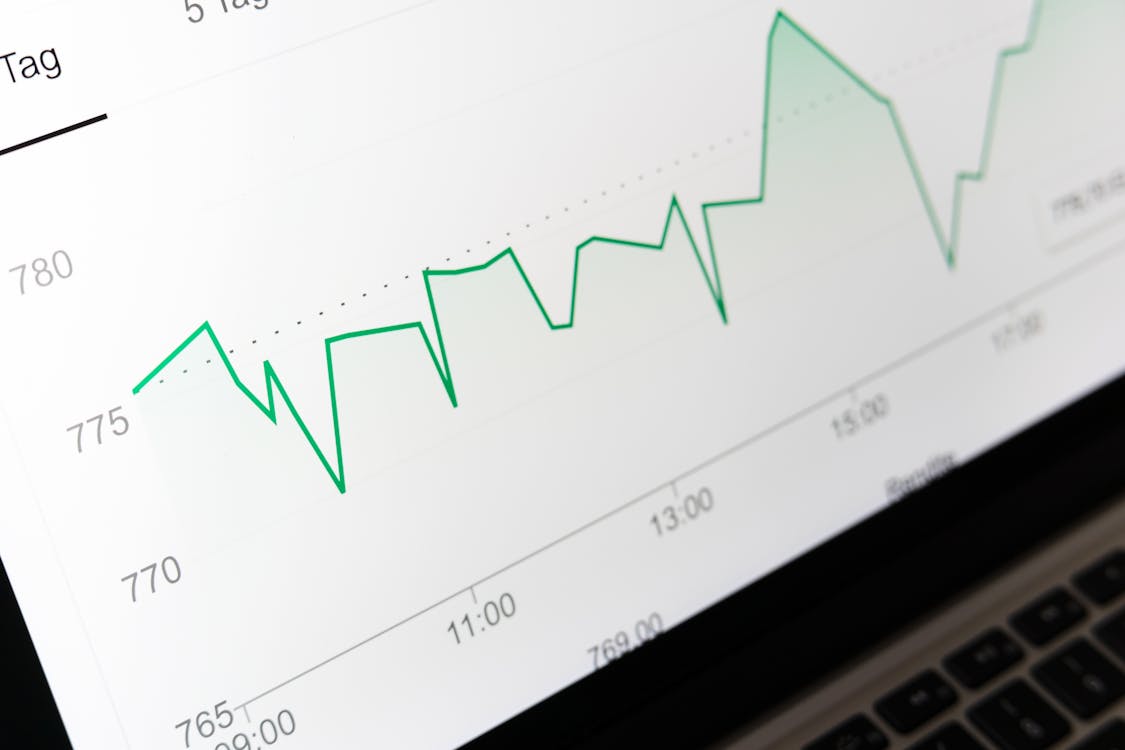Real Second-Quarter GDP Revised Higher To 3.8 Percent

Image Source: Pexels
The BEA revised second-quarter GDP from 3.3 percent to 3.8 percent.

The BEA reports Gross Domestic Product 2nd Quarter 2025 (Third Estimate)
GDP Revision Details
- The increase in real GDP in the second quarter primarily reflected a decrease in imports, which are a subtraction in the calculation of GDP, and an increase in consumer spending.
- These movements were partly offset by decreases in investment and exports. Real GDP was revised up 0.5 percentage point from the second estimate, primarily reflecting an upward revision to consumer spending.
- Real final sales to private domestic purchasers, the sum of consumer spending and gross private fixed investment, increased 2.9 percent in the second quarter, revised up 1.0 percentage point from the previous estimate.
- From an industry perspective, the increase in real GDP reflected increases of 10.2 percent in real value added for private goods-producing industries and 3.5 percent for private services-producing industries that were partly offset by a decrease of 3.2 percent in real value added for government.
Contributions to GDP

Tariff-related distortions have seriously impacted GDP. First there was front-running then a collapse in imports. Neither represents a realistic picture.
Real GDP and Related Measures

Price Index Revisions
- The price index for gross domestic purchases increased 2.0 percent in the second quarter, revised up 0.2 percentage point from the previous estimate.
- The personal consumption expenditures (PCE) price index increased 2.1 percent, revised up 0.1 percentage point.
- Excluding food and energy prices, the PCE price index increased 2.6 percent, also revised up 0.1 percentage point.
GDP revisions and PCE price index revisions give no indication the Fed should be cutting interest rates further.
The Fed is going to have its hands full with higher prices and a weakening jobs market.
More By This Author:
New Home Sales Surge 20 Percent To A Three-Year HighSeattle Reeling Over Tech Layoffs, Especially Microsoft
China Floods The World With Cheap Exports, Ports Busier Than Ever
Comments
Please wait...
Comment posted successfully
No Thumbs up yet!



